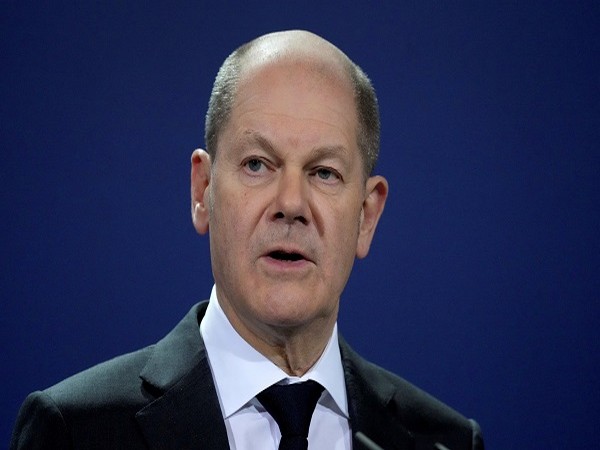Germany's Scholz revives 1960s-style meets with unions, bosses on inflation
German Chancellor Olaf Scholz met trade union and employers association leaders on Monday for the first of a series of meetings aimed at tackling what he called a "historic" cost of living crisis caused by spiraling energy prices. Like governments across Europe, Berlin is under pressure to deal with soaring prices in the wake of Russia's invasion of Ukraine and to balance the need to meet workers' demands for payrises without causing inflation to spiral even further.

- Country:
- Germany
German Chancellor Olaf Scholz met trade union and employers association leaders on Monday for the first of a series of meetings aimed at tackling what he called a "historic" cost of living crisis caused by spiraling energy prices.
Like governments across Europe, Berlin is under pressure to deal with soaring prices in the wake of Russia's invasion of Ukraine and to balance the need to meet workers' demands for payrises without causing inflation to spiral even further. With the meetings at the chancellery, Scholz said he was reviving the "concerted action" that was established in 1967 when Germany fell into recession for the first time since its post-war boom.
"We must brace ourselves for the fact this situation will not change in the foreseeable future, in other words: we stand before a historic challenge," Scholz told reporters after the meeting at the chancellery. "We will only get through this crisis, as a country, when we agree together on solutions."
This "concerted action" reflects the quest for consensus that characterizes labor relations in Germany, where wage deals are typically agreed in talks between employers' associations and unions covering an industrial sector. Scholz said the "social partners" agreed a common understanding of the situation at Monday's meeting and would meet again in the coming weeks to design tools to deal with the cost of living crisis.
Consumer prices, harmonized to make them comparable with inflation data from other European Union countries (HICP), increased by 8.2% on the year, according to data released last week. Energy prices were 38% higher. Scholz's government, which took office in December, has already passed two multibillion-euro relief packages to help households and companies better shoulder the rising costs.
In an interview with German television on Sunday, Scholz said it was time to evaluate the impact of those packages before announcing a new one. He also said however he was "very worried" about the potentially socially explosive nature of inflation.
(This story has not been edited by Devdiscourse staff and is auto-generated from a syndicated feed.)
- READ MORE ON:
- European Union
- Olaf Scholz
- Berlin
- Scholz
- Europe
- Russia
- Germany
- Ukraine
- German
ALSO READ
Russian missile attack in Ukraine's Dnipro injures 18, governor says
MORNING BID EUROPE-Markets brace for supply chain aftershock
ANALYSIS-Europe's restless farmers are forcing policymakers to act
Over 100,000 Russians signed contracts to join armed forces this year, ministry says
European stocks flat ahead of inflation data










